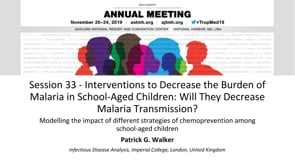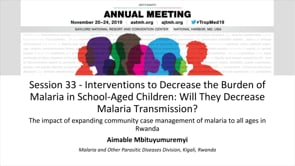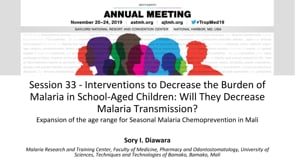Last Updated: 20/08/2024
Mitigating Antimalarial Resistance Consortium in South-East Africa (MARC SE-Africa)
Objectives
To better define the extent of antimalarial resistance regionally and to expedite the sharing of such evidence with National Malaria Programmes and their implementation partners.
Amsterdam Institute for Global Health and Development (AIGHD), The Netherlands
Karolinska Institute (KI), Sweden
MAGIC Evidence Ecosystem Foundation, Norway
WorldWide Antimalarial Resistance Network (WWARN), United Kingdom
University of Rwanda, Rwanda
LINQ management GmbH, Germany
Malawi-Liverpool-Wellcome Trust Clinical Research Programme (MLW), Malawi
Infectious Diseases Research Collaboration (IDRC), Uganda
University of Melbourne (UoM), Australia
The Mitigating Antimalarial Resistance Consortium in Southern and East Africa (MARC SE-Africa) responds to a growing crisis in malaria, one of the greatest infectious challenges facing Africa. Gains achieved in reducing the burden of malaria and advancing its elimination are now threatened by malaria parasites becoming resistant to the main group of drugs used to treat malaria, the artemisinins.
Artemisinin-based combination treatments (ACTs) are the backbone of all currently recommended malaria treatments. The potential impact of widespread ACT resistance in Africa has been estimated at 16 million more malaria cases and nearly 80 000 additional malaria deaths annually. Protecting the efficacy of current first-line malaria treatments is now a top public health priority.
The MARC SE-Africa project is designed to promote the translation of evidence of artemisinin and other drug resistance of public health significance to inform better malaria policy and practice before drug resistance increases the number of malaria cases and deaths. This consortium will provide technical support to the 18 countries of Southern and East Africa, the area historically first affected by drug resistance.
MARC SE-Africa will provide an evidence-based, reproducible model to mitigate the threat of antimalarial drug resistance and ensure sustained effective malaria treatment, including for the vulnerable communities that bear a disproportionately high burden of malaria and its sub-optimal treatment. This will include:
1. For all eighteen South-East African malaria-endemic countries predictive maps will be produced to better define antimalarial drug resistance.
2. For at least eight countries, they will expedite evidence sharing on antimalarial drug resistance with policy makers and other stakeholders.
3. For at least four countries, they will facilitate the use of evidence on antimalarial resistance to inform better malaria treatment policies and respond promptly and effectively to threats of antimalarial drug resistance.
4. In at least two countries, they will evaluate the uptake of updated malaria treatment guidelines into clinical practice by primary healthcare workers.
Toolkit of resources (MARC SE-Africa)Malaria resistance profiles (South-East African countries)
Apr 2023 — Mar 2027
$4.54M
Angola
Botswana
Burundi
Comoros
Eswatini
Kenya
Lesotho
Madagascar
Malawi
Mozambique
Namibia
Rwanda
South Africa
South Sudan
Tanzania
Uganda
Zambia
Zimbabwe


